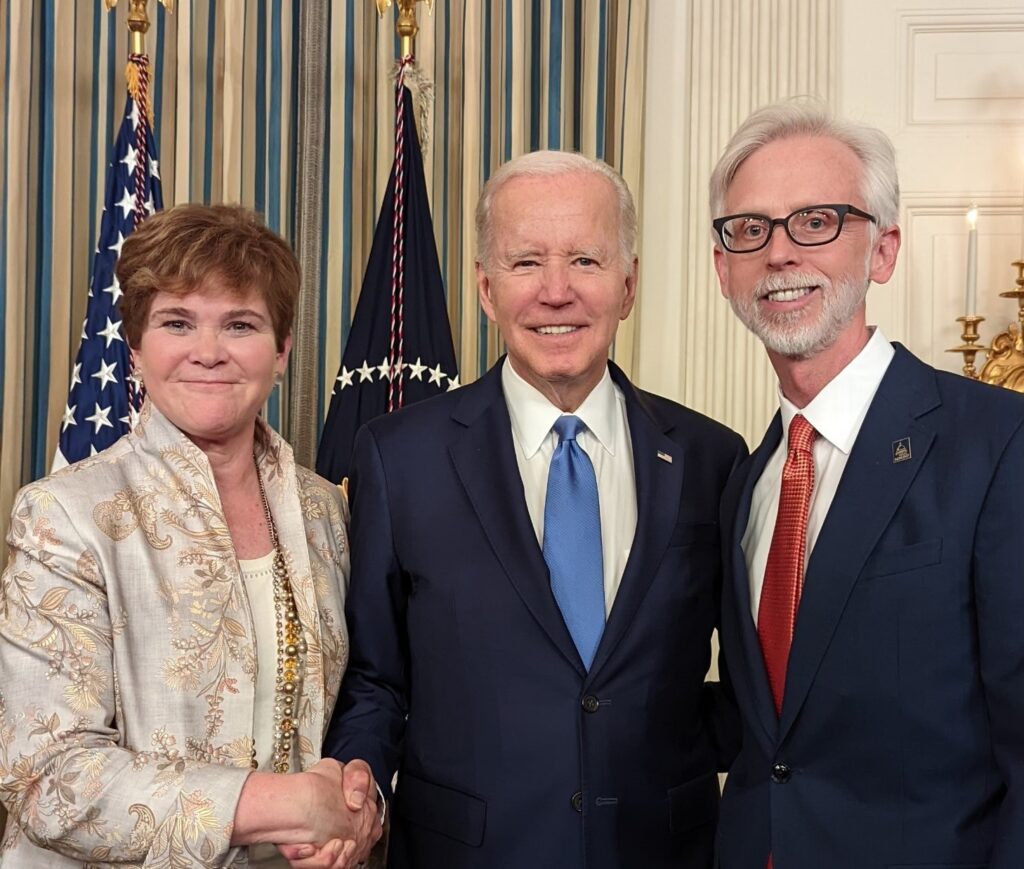Not too long ago, it would have been hard to come up with a scenario in which record farm milk prices would be cause for anything but celebration.
But context is everything, and as the COVID-related disruptions that have dominated headlines for two years seemingly fade into the background, a new set of national and worldwide challenges are rising that gives pause to even the most positive developments. As part of a dynamic global industry, U.S. dairy producers are inevitably affected by volatility, here and far away.
Record prices, a product of rising domestic and global demand that’s outpaced supply growth, are a current positive outcome of the post-COVID “new normal.” But they are accompanied by higher input costs, more scarce energy supplies, and a domestic and international outlook that’s clouded by problems that initially were hoped to be short-term but appear to be staying for a longer haul. Among them:
- Initially attributed to supply chain disruptions, a tight labor market and the temporary effects of pandemic government spending, accelerating price increases appear to be taking root, disrupting financial planning and making everything from fuel expenses to payrolls harder to predict and accommodate.
- Supply chain disruptions themselves aren’t easing as quickly as anticipated, in part because of China’s own zero-tolerance approach to COVID and continued challenges in global trade flows that are now increasing significantly because of yet another factor: Russia’s invasion of Ukraine.
- Russia’s war, initially expected to be brief, is now predicted by some experts as possibly continuing well into the next year. The invasion is yet another source of global turbulence, and for agriculture its perhaps the most profound challenge of all, as it directly affects the world’s ability to feed itself and farmers’ ability to secure the inputs they need at reasonable prices.
For us at NMPF, these disruptions and fast-moving developments demand new efforts to support our members and advance dairy – our mission no matter what circumstances may be.
On inflation and labor concerns, we are urging the White House to level the playing field for the dairy workforce by expanding visa access for immigrant workers and calling for expanded energy production to ease spiking input costs. We’re also working with other agricultural organizations to make sure that agriculture’s critical but unique needs for fertilizer and fuel are met even when costs are high and supplies are tight. This all builds the resolution we adopted at our March Board of Directors meeting encouraging the White House to explore all options to boost necessary energy production, after which we have seen the Biden Administration authorize release oil from the nation’s Strategic Petroleum Reserve and expand use of E-15 ethanol blends in gasoline.
We are redoubling our efforts to ease supply chain stresses faced by agricultural producers that have already cost dairy more than $1.5 billion in revenues. We have urged the Agriculture and Transportation departments to increase collaboration to enhance capacity at ports, incentivize carriers to load export cargo, and improve transparency throughout the supply chain. Everything from expanded agricultural access to containers in Midwestern cities to financial incentives to get those containers into the hands of dairy exporters rather than shipping them to Asia empty must be on the table. We’ve also, as part of an ag-group coalition, also asked the Surface Transportation Board to help address agriculture’s problems with railroad service while working with key lawmakers to help get the Ocean Shipping Reform Act through Congress.
And on Ukraine, while like everyone else we are praying for peace and freedom, we’re also adjusting to the new reality of a dramatically changed environment for global agricultural production and trade. As member cooperatives donate in ways large and small, publicly and quietly, to ease Ukraine’s humanitarian crisis, we also know that U.S. agriculture must step into the significant breach created when Black Sea agriculture is no longer so well-positioned to play its prominent role in feeding many parts of the world. The conflict forcefully illustrates that the United States remains the world’s breadbasket, and dairy products are a key part of what that basket contains. We continue to provide high-quality, reliable, nutritious – and affordable — products to the world. That will change in no way, no matter what global disruptions erupt.
The world wants – and needs – what we provide. Current record-level prices indicate that. But the moment we’re living through is not a moment to celebrate. Costs are high, disruptions are constant, challenges are abundant, and it’s not hyperbole to say the new normal presents clear and present dangers. But dairy farmers will persevere, as they always do. We are proud to serve them, and we are honored to be leading as well.








